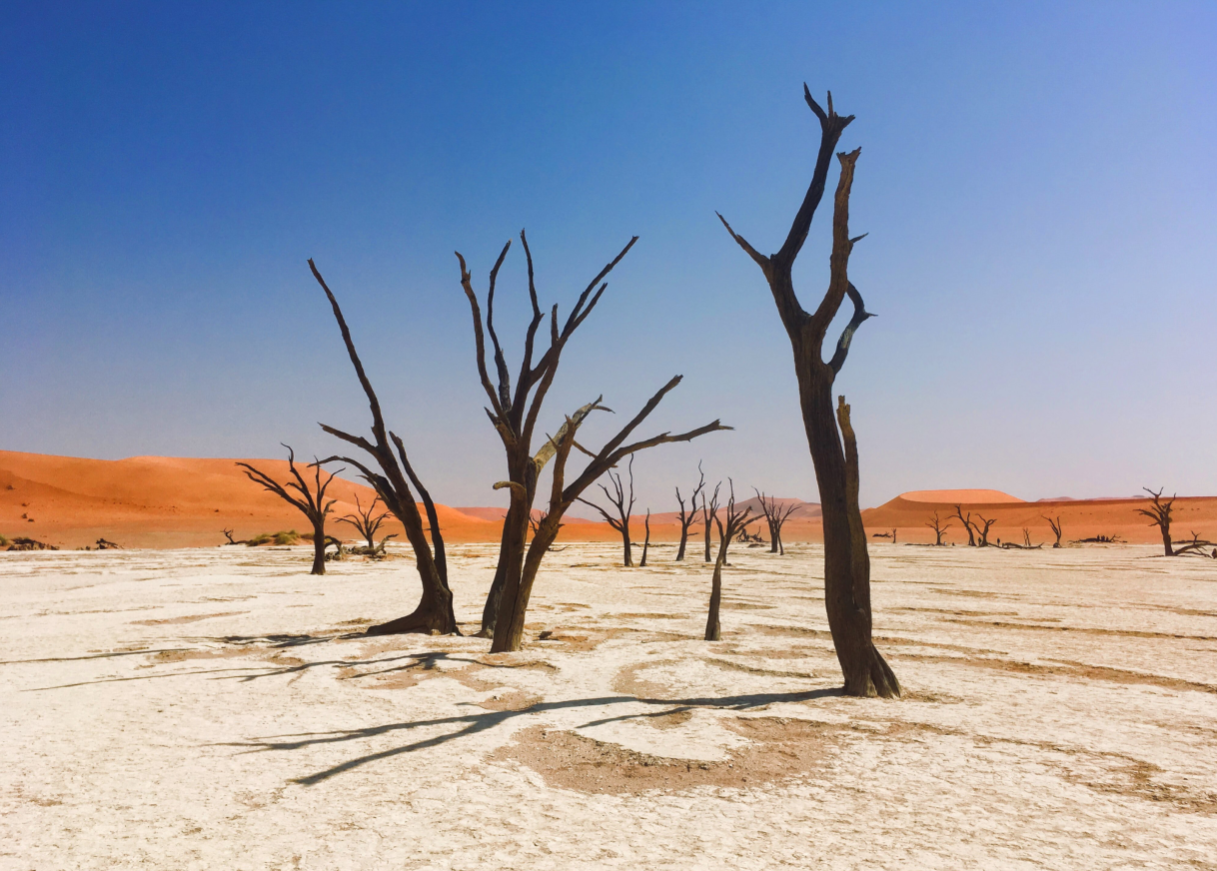April 2022

Two Sides of Every Coin
When the industrial revolution hit America in the 1800s, there was a rapid influx of new jobs available for many people. The opportunities to better a person's life through stable employment were abundant. On the opposite side, numerous dangers associated with the new work environment existed. Working conditions eroded due to overcrowding and inadequate safety measures. And with the industry growth, the gap between the wealthy and the poor undeniably widened.
Yet another example is a program in Senegal to combat desertification in the area by planting the Great Green Wall. It was an endeavor of vast proportion, involving the planting of a track of plants across the entire country and down to the horn of Africa. Since its inception, the program has rapidly changed the area's landscape, abruptly increasing the amount of farmable land in the region. And just like the industrial revolution harmed some people and benefited others. Those who profited from the Great Green Wall program were landowners, and many others were left excluded if dependent on the vast arid desert landscape.
The point of this blog is not to shame the innovative idea generation of people, as they seek to solve monumental problems and advance the global economy. We live in a world that prides itself on improvement, and if we remain too stagnate, the risk of falling behind is substantial. Instead, it underlines how examples such as these are not just misnomers. They are indicative of progress. No plan is perfect. No matter the intention, there are often unexpected negative results. Through hindsight, it is easy to see the pivotal decisions. In the heat of the moment, the crucial choices are much harder to distinguish. Any attempt for change, progress, or whatever you call it comes an innate level of harm to others. And the more revolutionary, usually the greater that harm can be.
It is easy for us to question the intentions and actions of others when what they set out to do had unpleasant results. Believing that others intentionally set out to cause damage requires no effort. They should have known that their actions would result in negative outcomes. This thinking fails to account for the lived experiences of others, which are imperative to their perspectives, attitudes, and ideas of the world. Likewise, how they think the best way to solve the problems they encounter. No one makes decisions within a bubble.
I struggle to remember not to judge others based on their decisions. I am not privy to all the considerations in their head that went on before they chose a set of words that may have stung me. Nor their understanding of the impact their actions will have when they respond in a way that causes me distress or sadness. They may have had the best intentions, but what occurs is not always positive. We need to be able to give more grace to others. Yes, it is hard to do. Often it is the most unnatural thing. But just as others will hurt us in the future, we will also accidentally cause hurt. And I am sure that you would like some grace during those times? As you set off to change the world, would you prefer to be judged based on the outcomes even you could not have predicted?